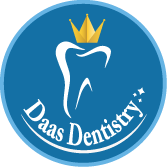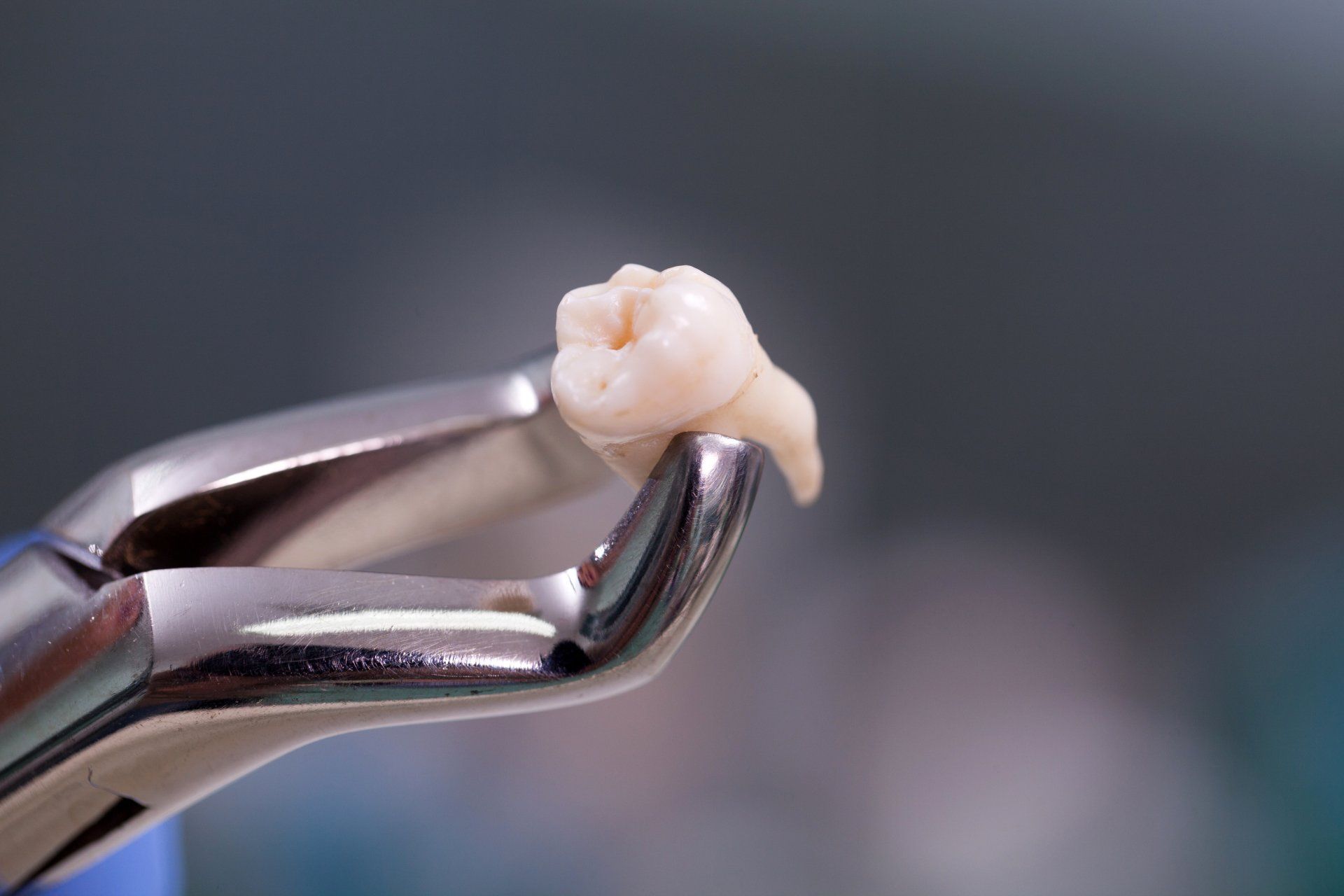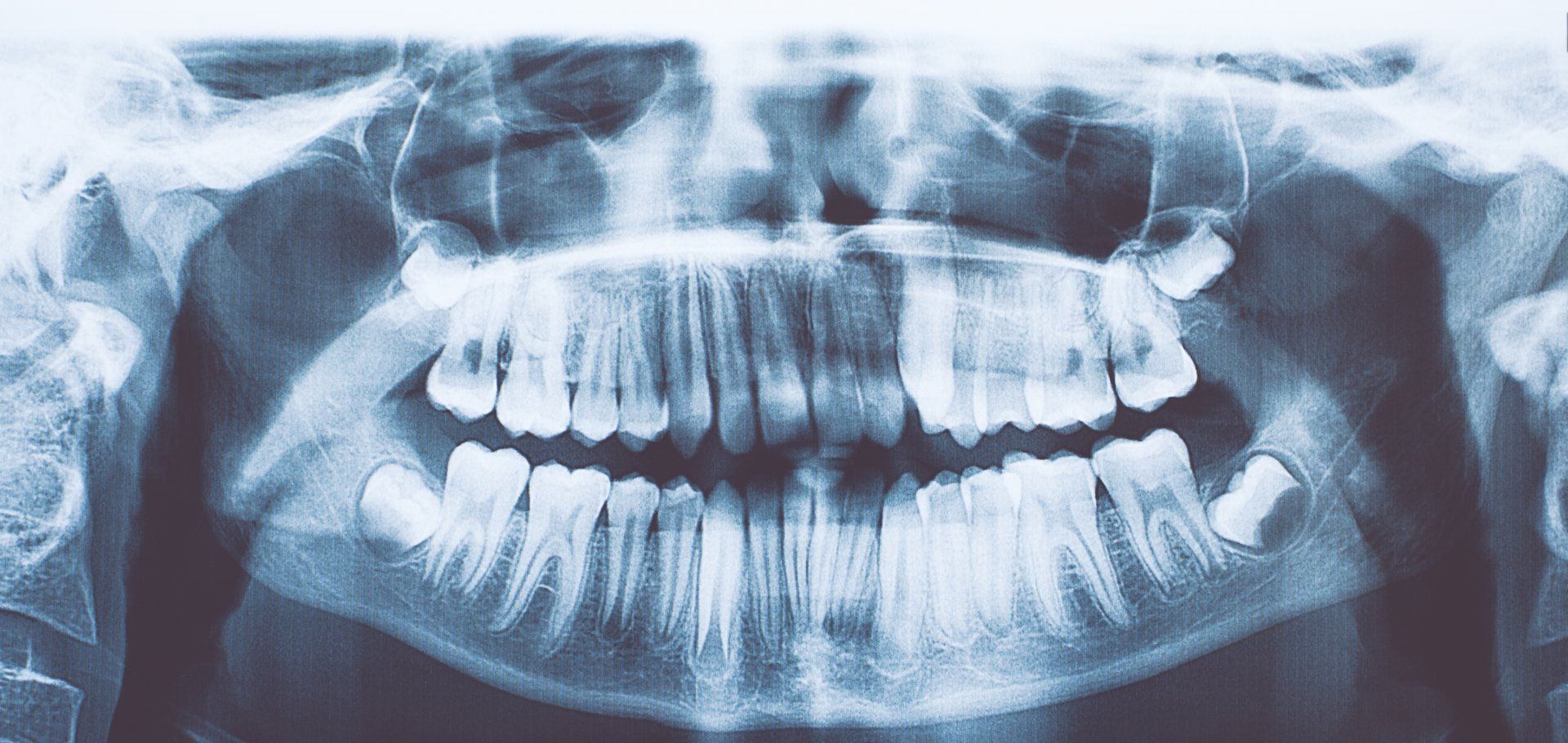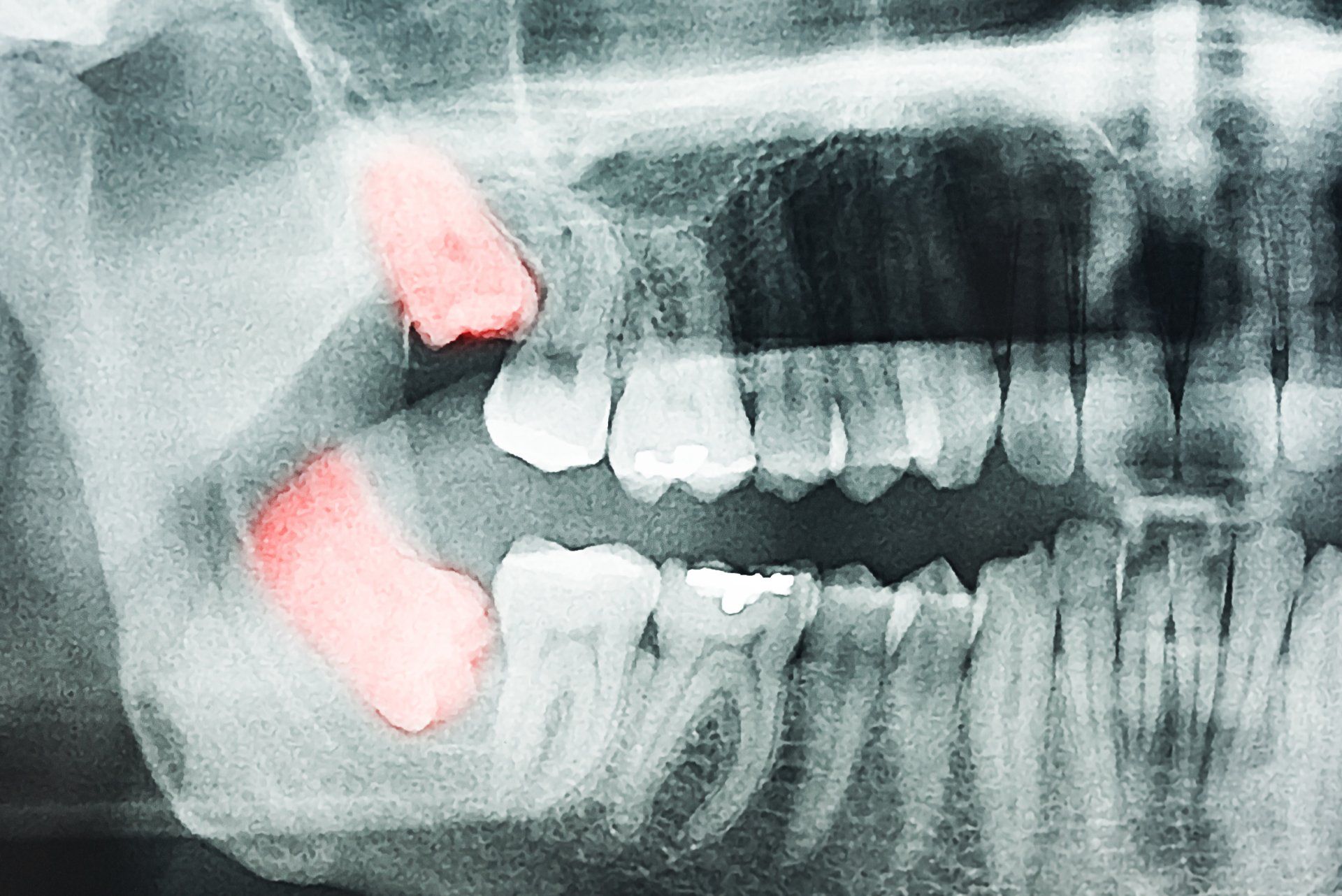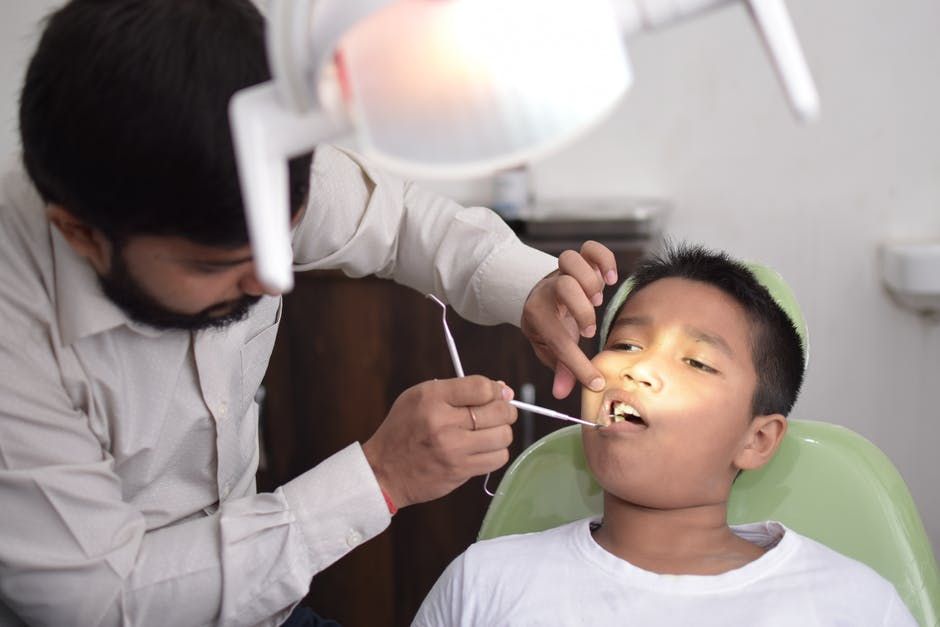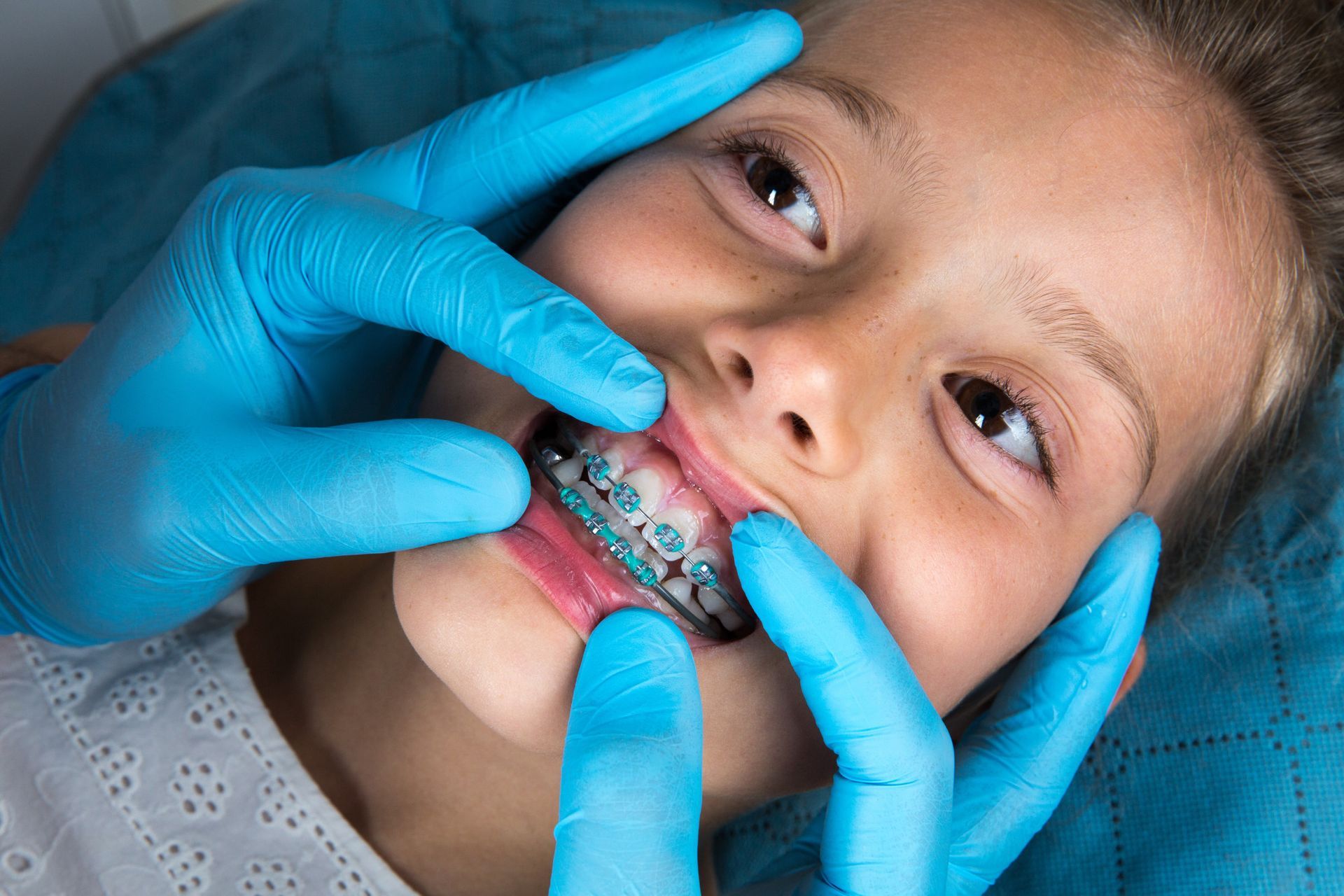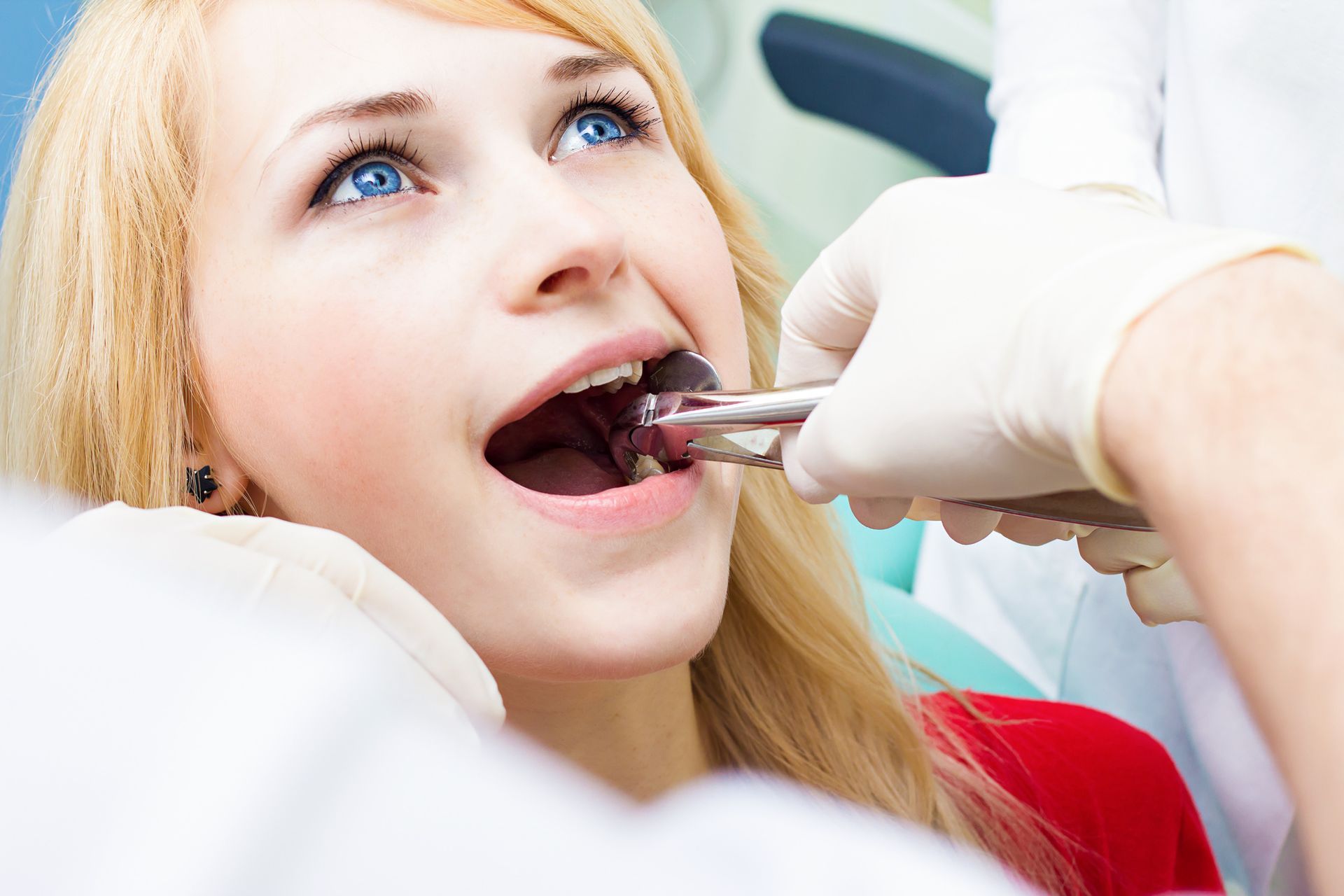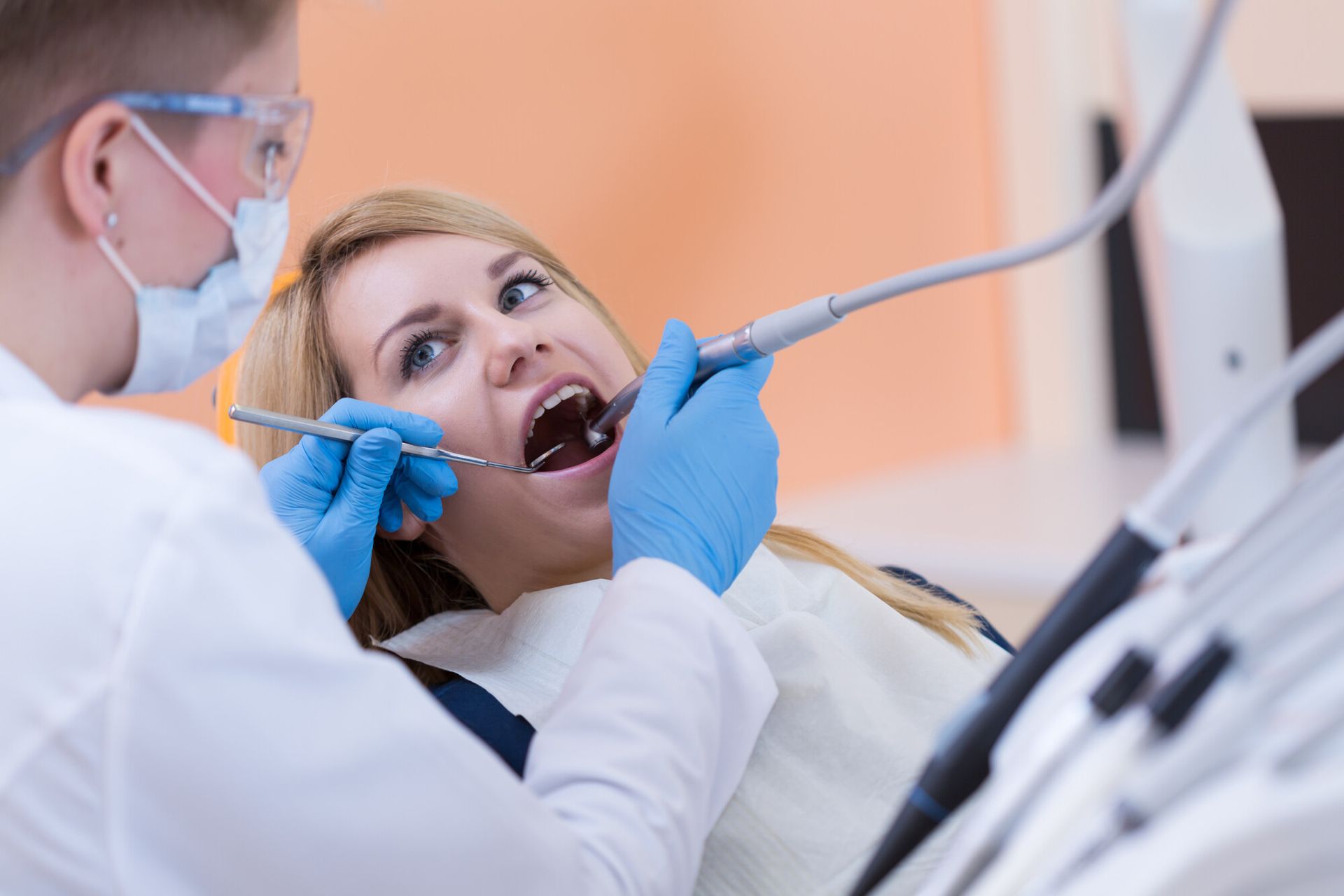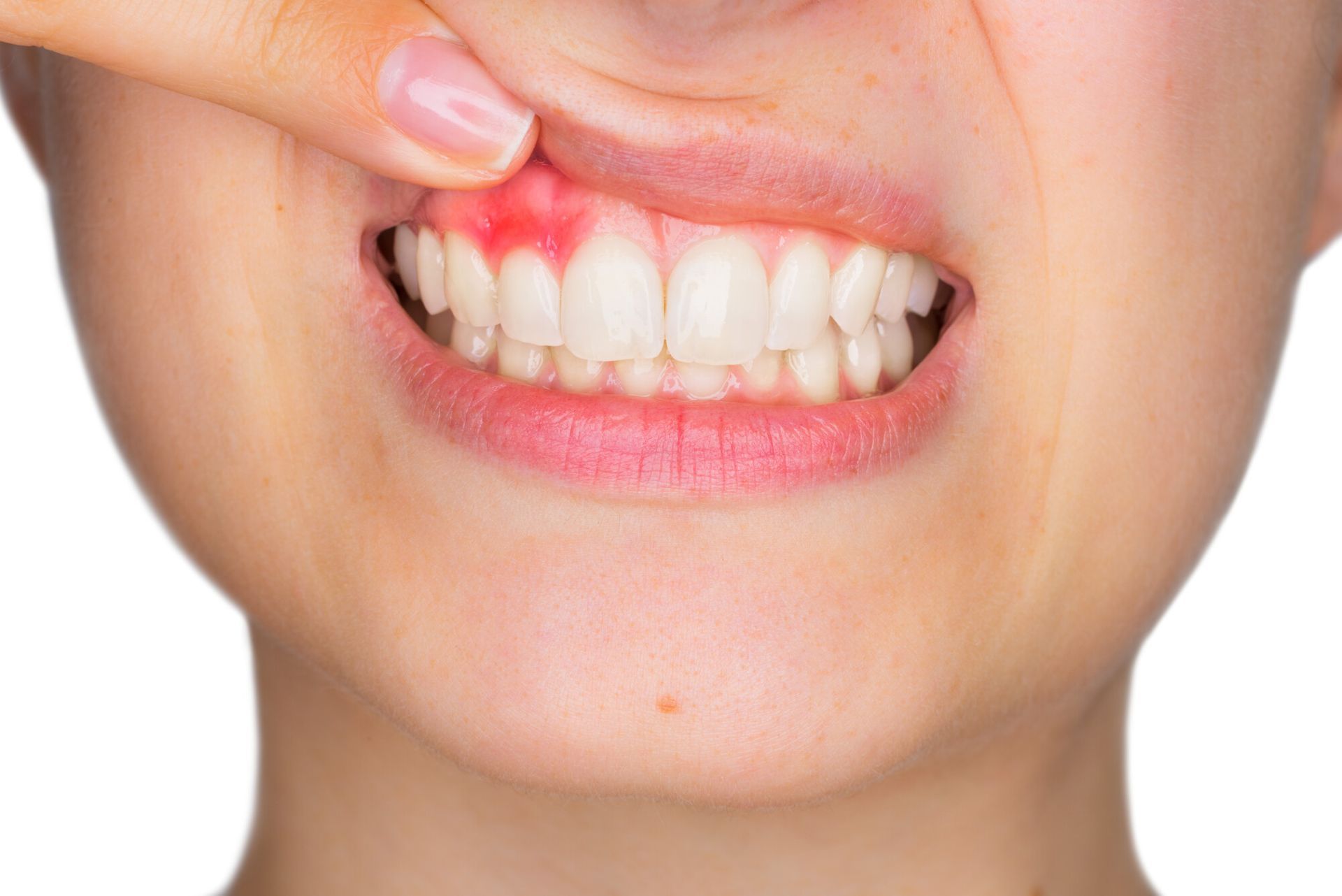How to Prevent Early Periodontal Disease from Getting Worse
As many as 7 out of 10 people in Canada will suffer from gum disease at least once in their lives. Needless to say, gum disease is a very common oral health issue that many people in Canada suffer from. Because it is so common, you might not think that gum disease is anything to worry about, but you would be incorrect.
Even early periodontal disease can be very harmful to your overall dental health. If left untreated, it could lead to some serious consequences including tooth loss and infection. But what exactly is periodontal disease and what can you do to prevent it?
Keep reading and learn more about it below.
Why You Need to Know About Periodontal Disease
Gum disease starts out innocently enough with gingivitis. Many people have gingivitis without even knowing it. This is because the early stages of gingivitis often don't cause any symptoms in most people.
Symptoms only start to arise as the disease progresses. But what causes gum disease in the first place? It almost always has to do with poor dental hygiene.
While some people may be more genetically predisposed to develop gum disease, rigorous and vigilant dental hygiene should still be able to prevent gum disease in everyone. The reason why poor dental hygiene often leads to periodontal disease is due to the bacteria that live in your mouth. Oral bacteria tend to secrete acid and plaque when they are exposed to particles of food.
Plaque is typically a sticky substance that coats the surface of your teeth and the inside of your mouth. It is generally harmless and you can easily brush it away with your toothbrush. However, if you don't often brush your teeth, the plaque will sit on the inside of your mouth for a long period of time until it eventually turns into another substance: tartar.
The Details
Tartar is a much more harmful substance compared to plaque because it is very hard and stubborn. You won't be able to use a toothbrush to get rid of it. Instead, you would need to visit a dentist and the dentist would need to use special metal tools to pick at and chip away at the tartar until it finally comes loose.
Tartar usually builds up around the base of your teeth near the surface of your gum line. The problem with tartar is that, besides looking bad for your teeth, it is especially irritating to your gums. This is because it puts pressure on your gums and also traps bacteria against them.
This inflames the gums and makes them unhealthy, causing gingivitis which is the first stage of gum disease. Gingivitis is generally a mild condition, but if it is left untreated, it can easily turn into periodontitis which is a far more serious disease. Periodontitis is characterized by a slew of unpleasant effects such as bleeding gums, bad breath, tooth loss, and infection.
So what can you do to prevent this disease from happening?
How to Prevent Periodontal Disease From Getting Worse
There are several periodontal disease stages and it is important to catch this disease as early as possible. The earlier you catch it, the less severe the damage will be to your gums and the rest of your mouth. On the other hand, if you wait until the more advanced stages to start treating this condition, you may already be dealing with many permanent consequences left over from the disease.
One of the best ways you can prevent this disease from getting any worse is to simply brush your teeth. Brushing your teeth is the foundation of good oral health. Ideally, you should brush your teeth at least twice a day, but brushing your teeth after you eat a meal is also a good rule to follow.
Any time you consume food or a beverage, the particles of that food will stick to your teeth. From there, the bacteria in your mouth will eat the food particles and produce acid and plaque as a result which will wear down your teeth and gums. But if you brush your teeth right away, there won't be a chance for this to happen.
Brushing your teeth also stimulates your gums and ensures that they receive a healthy flow of blood. If your gums bleed when you brush your teeth, this is a sign that you are suffering from the early stages of gum disease. This is because diseased gums are puffy, red, and more sensitive compared to healthy gums which are firm and pink.
Using the right toothpaste will also help to remove excess food particles from your mouth and also keep harmful oral bacteria at bay.
What You Need to Know
Besides brushing your teeth, however, flossing your teeth is also very important. Most people know that they're supposed to floss on a regular basis but few people ever actually do it.
But if you are concerned about periodontal disease and if you are already showing the signs of this disease, it is important to start flossing right away. Your gums will most likely bleed when you start flossing, but this is completely normal. As mentioned before, diseased and inflamed gums are more likely to bleed because they are more sensitive.
But as you make flossing a part of your everyday oral hygiene routine, you will find that your gums will no longer bleed. They will also start looking much better. Instead of being red and puffy, they will instead be firm and show off a healthy shade of pink.
You should aim to floss at least once a day. Flossing is important because it can reach portions of your teeth that a regular toothbrush cannot. Floss can also reach into the periodontal pockets which are where the bottom of your teeth meet the tops of your gums.
These pockets often become impacted with food and tartar which can seriously irritate the gums. But when you floss them regularly and keep them clear, there should be no reason for your gums to become irritated or diseased in the first place.
Other Treatments for Periodontal Disease
Once you start brushing and flossing your teeth on a regular basis, you shouldn't have to deal with the early stages of periodontal disease any longer. Instead, your gums will become healthier and healthier until the disease is cured. As long as you follow these simple dental hygiene practices every day, your gum disease should not return.
But what should you do if your periodontal disease has already advanced and caused some serious damage to your gums? Some common signs of this include receding gums, loose teeth, lost teeth, bleeding gums, and more. Receding gums can be particularly painful to deal with since the roots of your teeth will be more exposed and more sensitive to hot and cold substances.
In the case of more advanced periodontal disease, brushing and flossing can still help the situation, but only to a certain extent. At a certain point, it will be necessary to visit your local dentist and get professional treatment. For example, if you are dealing with dead or diseased gum tissue, it may be necessary to consider a laser treatment like the Periowave laser.
What to Know
This type of laser can remove dead or diseased gum tissue. This is important because if you leave diseased gum tissue unattended, it can spread to healthy gum tissue and infect it as well. Laser treatment cauterizes your gum tissue so there won't be any excessive bleeding and it will also kill any bacteria in the area so that the chances of developing an infection will be very low.
Professional deep cleaning for periodontal disease may also be beneficial for you. Deep cleaning is exactly what it sounds like: it involves cleaning all the nooks and crevices in and around your teeth and gums. This includes the periodontal pockets which, as mentioned before, are havens for bacteria, decaying food, and tartar.
Deep cleaning your teeth and gums in this way will soothe your gums so that they won't be as inflamed anymore. After that, regular dental hygiene and perhaps some antibiotics should be enough to solve your gum disease problem.
Frequently Asked Questions (FAQs)
All About Early Periodontal Disease
Early periodontal disease is easy to treat, but only if you catch it right away. You can treat this condition by brushing and flossing your teeth every day, though professional deep cleaning may also be a big help.
To learn more about treating gum disease, book an appointment with us here.

